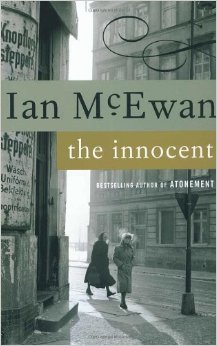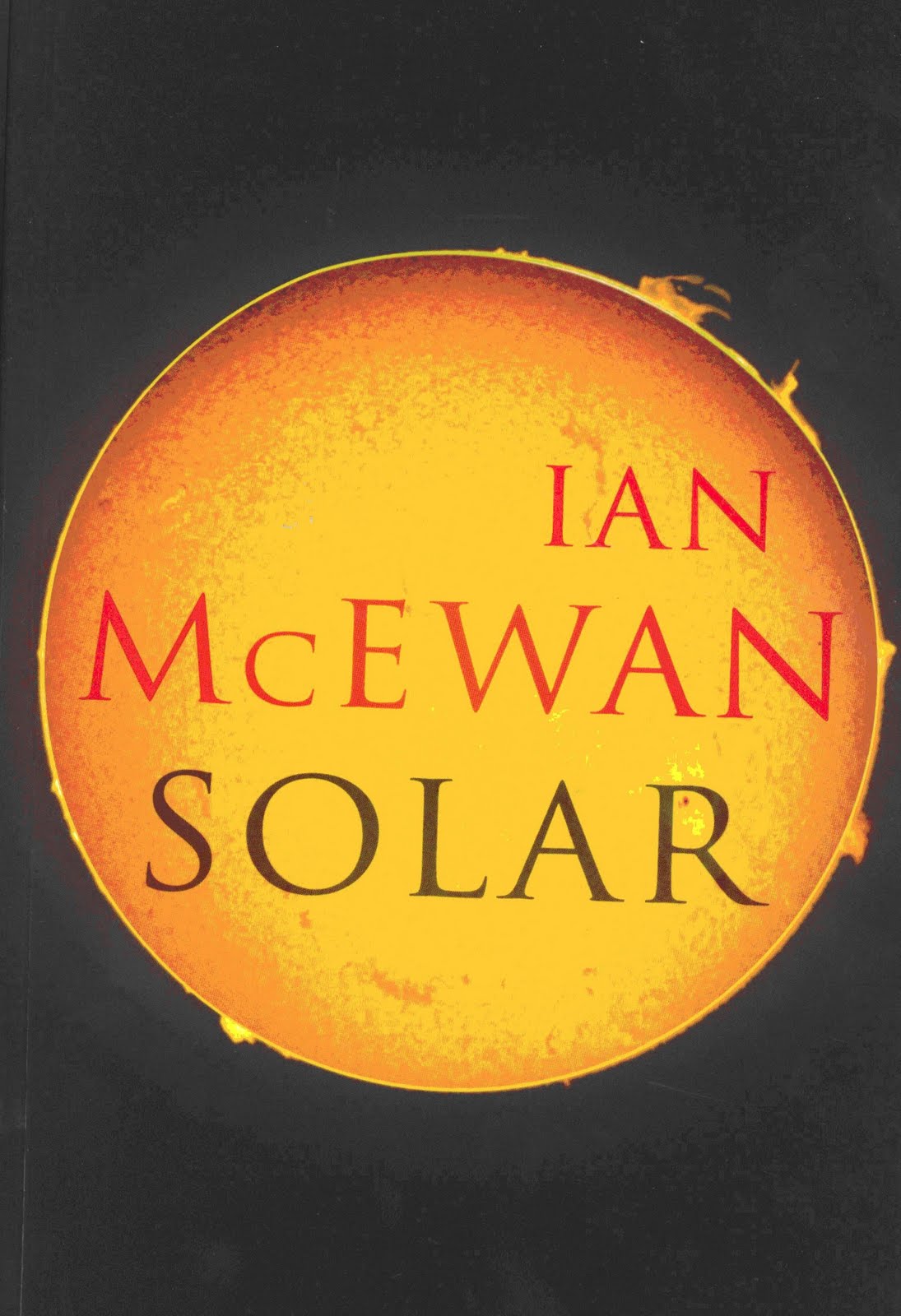Earlier this week, Chris Gavaler argued that literary fiction is now willing to incorporate genre fiction — unless the genre fiction is romance. Chris argued that the exclusion of romance was due to the fact that “the new literary landscape allows anything but a convention-determined plot outcome.” Romance requires a formulaic happy ending; literary fiction requires a non-formulaic (often unhappy) ending. Thus, the two may never flirt, fall head over heels, and/or consummate.
I think Chris is wrong for a number of reasons. First, romance is a lot less formulaic than this suggests. But, more importantly, the premise is false. Literary fiction and romance cross-pollinate all the time. In fact, in many cases the basic lit fic plot is romance. Much of the traditional literary fiction canon — Jane Austen, Charles Dickens, E.M. Forster, Anna Karenina, F. Scott Fitzgerald, big chunks of Shakespeare, D. H. Lawrence, Henry James, and on and on — is based around romance plots. Lit fic doesn’t incorporate romance as genre, or see romance as genre, because romance, when in a lit fic setting, is always already lit fic. The distinction between lit fic and romance is really almost entirely a matter of marketing. And since it’s just a matter of labeling, removing the labeling makes the genre, as genre, disappear.

As an example, look at Ian McEwan’s “The Innocent.” Like many romance novels, it’s got a historical setting — in this case early Cold War Germany — and the richness of the period detail is part of the sensual appeal that distances the reader from hearth and home, providing a setting for a different, fantasy love affair. And all the hallmarks of romance are there, from the instant, shocking moment of initial recognition (“Years later, Leonard had no difficulty at all recalling Maria’s face. It shone for him the way faces do in certain old paintings”) to explicit sex, and even to hints (and more than hints) of sexual violence and rape. Pamela Regis’ eight essential elements of the romance novel are all carefully articulated, from the meeting through the betrothal, and not excluding the point of ritual death — which here, in an excess of punctilliousness, involves an actual, accidental but brutal murder (of Maria’s abusive ex), and an extended dismemberment and disposal of the corpse.
It’s true that the precise order of Regis’ elements are somewhat scrambled — the moment of ritual death occurs after the betrothal, for example. And there are long, unexpected dislocations between one element and another. Most notably, Maria and Leonard actually break up and leave each other for decades, both marrying others and having children, before finally (tentatively) planning to reunite at the very conclusion of the book.
If you hadn’t read many romance novels, you might conclude that this was lit fic running roughshod over convention and breaking out of the romance genre straight-jacket. But, the truth is, romance novels mess with Regis’ order all the time, and aren’t even adverse to throwing some years and intervening marriages between the meeting and the final consummation. Kathleen Gilles Seidel’s folk rock romance “Til the Stars Fall,” for example, has its main characters meet during college and break up; Krissa rushes into a marriage with another guy and has several children before she divorces and she and Quinn reunite. Pam Rosenthal’s regency “The Slightest Provocation” is about a husband and wife who have fallen out; the plot is to get them back together, not to unite them in the first place. If you wanted, you could argue that McEwan is more unconventional because the ending is more indeterminate — but on the other hand, you could argue that Seidel is more unconventional because the main emotional energy in the book is on the relationship between Quinn and Krissa’s brother Danny, rather than on the relationship between Quinn and Kirssa.
There is one aspect of The Innocent which marks it as literary fiction rather than romance: it’s told from the man’s perspective. For most of the novel, most of the time, you’re inside Leonard’s head. This is virtually never the case in the romance novels I’ve read, where consciousness is generally split between the male and female leads. Even here, though, McEwan does not abandon convention entirely. At important points in the narrative, you shift into Maria’s head — as if to assure readers that yes, this is a romance, and not (despite the title) a lit fic bildungsroman, or a lit fic male psychodrama. McEwan carefully puts you in Maria’s head to let you see Leonard from her perspective, and understand why he’s attractive. After he tells her he’s a virgin, for example, you get this.
For hers was the laughter of nervous relief. She had been suddenly absolved from the pressures and rituals of seduction. She would not have to adopt a conventional role and be judged in it, and she would not be measured against other women. Her fear of being physically abused had receded. She would not be obliged to do anything she did not wants She was free, they both were free, to invent their own terms. They could be partners in invention. And she really had discovered for herself this shy Englishman with the steady gaze an the long lashes, she had him first, she would have him all to herself. These thoughts she formulated later in solitude.
You need this passage for the same reason you need both perspectives in a romance novel — so that Maria is a person, rather than simply a reward or an object of desire. Or, if you prefer, so that Leonard too is a reward and an object of desire — so that the story is about a relationship between two people, rather than about only one.
Similarly, when Leonard confusedly tries to initiate a BDSM scenario and ends up almost raping Maria, we’re mostly in his head — but we switch to her memory of seeing another woman raped during the war by Russian soldiers. The abusers perspective, the novel insists, is not the most important one, or the only one; Leonard wants to make her a part of his fantasy life entirely, but she is her own person. And finally, at the end, after the murder of the ex boyfriend and the break-up, and after the two have lived their lives, and had their separate marriages, the final words of reconciliation, by letter, are Maria’s. As a result we actually end up learning more about her life than Leonard’s — we know about her marriage, her kids, and about her continued love. “And in all this time I’ve thought about you. A week hasn’t passed when I haven’t gone back over things, what we might or should have done, and how it could have been different.” And yes, even that romanticization and flirtation with infidelity is a romance trope.
“The Innocent” shows that romance can be incorporated seamlessly into literary fiction — or rather, that what is needed is not incorporation, but merely a slight change in perspective. If the new lit fic purveyors of thrilling tales avoid romance, it is not because romance is conventional, but because one big convention of lit fic is romance. It’s embarrassing, when you want to go slumming with genre, to have the world find out that you’ve been happily married to her the whole time.
 Ian McEwan secretly writes romance. He’s supposed to be a lit fic author, but most of the books of his I’ve read — The Innocent, Atonement, and Sweet Tooth — all function like category romances, with a bit of meta-fictional trickery (which isn’t exactly foreign to category romance either. The last of these I read, Sweet Tooth, even works as a kind of love letter to the fan fic wing of romance. The book is narrated by Serena Frome, a low-level operative in MI-5 tasked with secretly funding propaganda funds to likely anti-communist literary sorts. She falls in love with Tom Haley, a novelist she’s gotten into the program…and then (spoiler!) it turns out at the end that she isn’t actually the narrator; instead, Tom is the narrator writing as her. The romance trope of switching between male and female protagonist consciousnesses is both tweaked and perfectly fulfilled, as is the fan fic genre trope of telling the same story from different characters perspectives. It’s a tour de force, not because it upends romance conventions, but because it fulfills them so gleefully and perfectly. Quite possibly McEwan doesn’t read category romance or fan fic—but he has enough common roots with the genre that he understands them, and loves them and makes them his own— or, if you prefer, lets them make him theirs.
Ian McEwan secretly writes romance. He’s supposed to be a lit fic author, but most of the books of his I’ve read — The Innocent, Atonement, and Sweet Tooth — all function like category romances, with a bit of meta-fictional trickery (which isn’t exactly foreign to category romance either. The last of these I read, Sweet Tooth, even works as a kind of love letter to the fan fic wing of romance. The book is narrated by Serena Frome, a low-level operative in MI-5 tasked with secretly funding propaganda funds to likely anti-communist literary sorts. She falls in love with Tom Haley, a novelist she’s gotten into the program…and then (spoiler!) it turns out at the end that she isn’t actually the narrator; instead, Tom is the narrator writing as her. The romance trope of switching between male and female protagonist consciousnesses is both tweaked and perfectly fulfilled, as is the fan fic genre trope of telling the same story from different characters perspectives. It’s a tour de force, not because it upends romance conventions, but because it fulfills them so gleefully and perfectly. Quite possibly McEwan doesn’t read category romance or fan fic—but he has enough common roots with the genre that he understands them, and loves them and makes them his own— or, if you prefer, lets them make him theirs.

